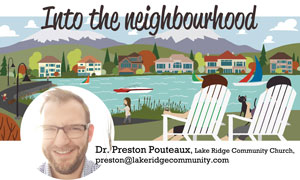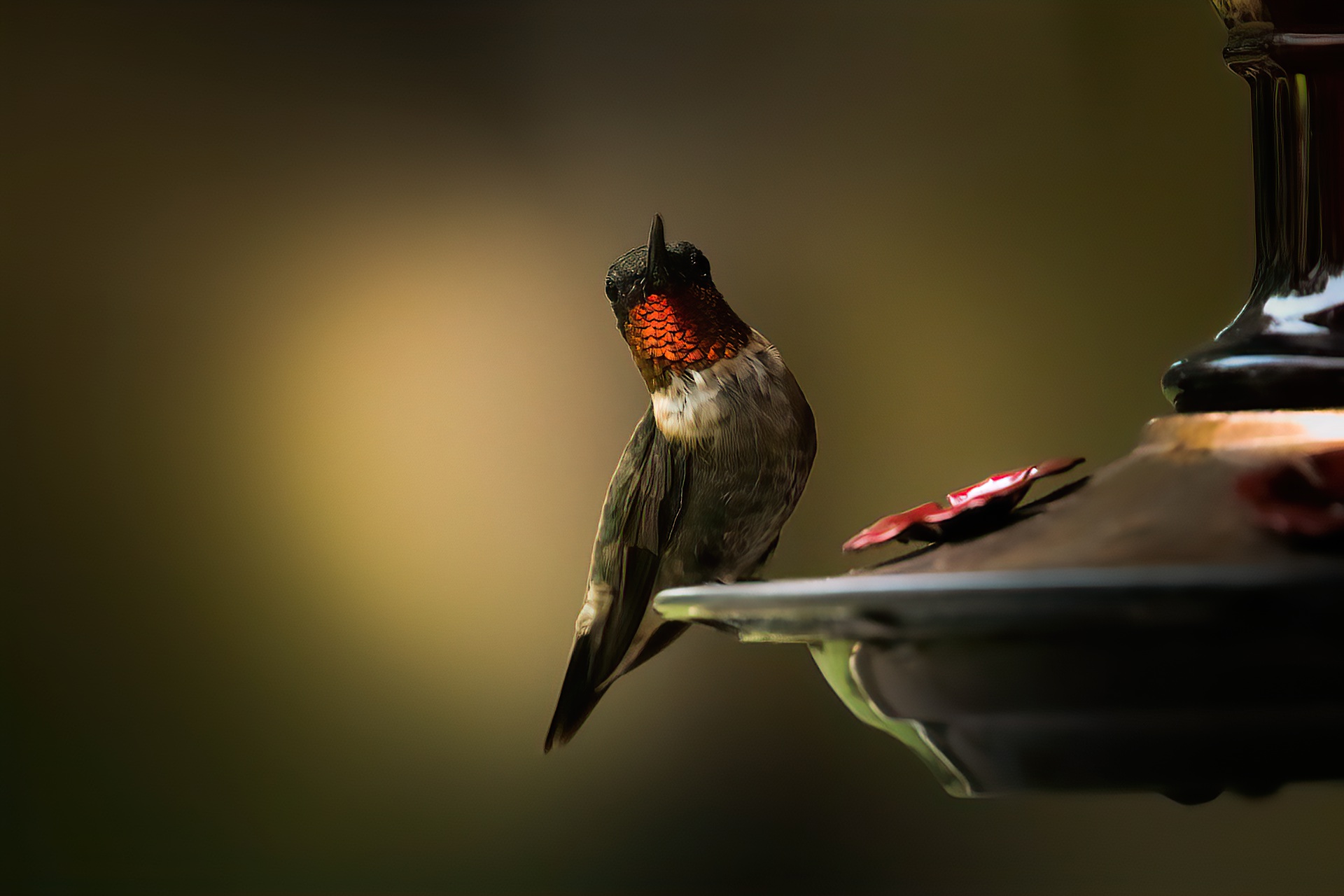Years ago, to pay my way through college, I spent my summers working at my local grocery store. While it seemed like everyone else was out in the sun, I was stacking boxes in the big walk-in freezer, and sorting milk crates in the cooler. I spent my summers in a parka while my friends wandered by in shorts. “You have cold hands, and a warm heart,” one friend said. That was cold comfort after a few hours sorting frozen peas and carrots. Yet the whole experience gave me a new perspective on grocery stores. I now can see beyond the front end where you and I buy our oranges and honeyed ham, because I know that somewhere in the back there’s someone in a parka, ensuring the food is there when we want it.
Because I can imagine the parka people in the back freezer, it changes the way I shop. I adjust misplaced items on a shelf, turn a milk jug to face forward, or double check to make sure the door on the cooler is shut after I open it. My solidarity with the people in the back has changed me.
Philosopher James K. A. Smith says that, “our action emerges from how we imagine the world.” Interestingly, it’s not a set of ideas that made me a more thoughtful grocery store shopper, it was an experience that changed the way I imagine and now engage with my grocery store. Nothing has given me more compassion for the grocery store parka people buried in the back freezer then having experienced it myself.
If, “action emerges from how we imagine the world” then it makes me wonder, how do I imagine my neighbourhood and city? For many, our experience of our neighbourhood is little more than the daily drive past a bunch of houses and straight into our own garages. We do not know the stories, the names, the people, and the experiences of those around us. Our imaginations simply don’t see beyond what is in front of us.
So how do we set ourselves up to see our neighbourhood in a way that draws us, engages us, and inspires us? Perhaps we start by flexing our imaginations. If we imagine a neighbourhood where we are in competition with those on our street, where we believe our neighbours are mean and closed off, then we will respond and act as though that’s true. If we imagine our neighbourhood as a place where, in spite of tough stuff, we find amazing people, friends, and creative characters that we can know and love, then we will begin to live as though that is true. Those neighbours who have generous imaginations for the people around them, will find a whole new way to live and engage, everyday.
Creating an amazing neighbourhood culture begins in the smallest, unseen places; in our hearts and imaginations. Ann Lamott wrote, “This is how we make important changes – barely, poorly, and slowly.” It four summers in a freezer to change the way I see my local grocery store workers differently. It may take years of experiences for us to imagine our neighbourhoods anew. This is long and patient work.







